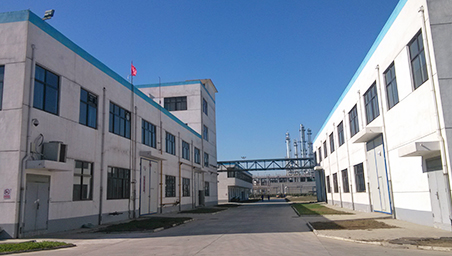
News
Aug . 17, 2024 13:54 Back to list
Versene 100 Chelating Agent Overview and Applications in Various Industries
Versene 100, also known as EDTA (ethylene diamine tetraacetic acid), is a widely used chelating agent that has found applications across various industries due to its ability to form stable complexes with metal ions. This property makes Versene 100 an essential compound in fields such as medicine, agriculture, food processing, and environmental remediation. In this article, we will explore the properties, applications, and benefits of Versene 100 as a chelating agent.
Chemical Properties
Versene 100 is a strong chelating agent characterized by its ability to bind with metal ions through its four carboxylic acid groups and two amine groups. This multi-dentate binding capacity allows it to form stable, soluble complexes with a wide range of metal ions, including calcium, magnesium, iron, and lead. The formation of these complexes often renders the metal ions biologically inactive, thereby preventing adverse reactions in various systems.
Applications in Medicine
In the medical field, Versene 100 has been utilized for its ability to detoxify the body by chelating heavy metals. Conditions related to heavy metal poisoning, such as lead or mercury toxicity, can be effectively treated with chelating agents like Versene. It binds to the harmful metals, facilitating their excretion from the body and mitigating damage to vital organs. Additionally, EDTA is used in some intravenous solutions to prevent blood coagulation and as a stabilizer for certain pharmaceutical products.
Role in Agriculture
Versene 100 is also significant in agriculture, where it serves as a key ingredient in nutrient solutions for hydroponics and soil treatments. It helps to ensure that essential micronutrients such as iron, manganese, and zinc remain soluble and available for plant uptake. By preventing the precipitation of these nutrients in the soil, Versene enhances their bioavailability, promoting healthy plant growth and improving crop yields.
versene 100 chelating agent

Importance in Food Processing
In the food industry, Versene 100 acts as a preservative agent. It is used to prevent discoloration and spoilage caused by metal ions in processed foods. By chelating metals that catalyze oxidative reactions, Versene helps to maintain the quality and shelf life of various products. It is commonly found in canned and jarred foods, beverages, and dairy products, where it contributes to the stability and safety of these items.
Environmental Applications
Versene 100 has gained attention for its role in environmental cleanup efforts. Its ability to bind heavy metals has been harnessed in soil remediation projects to detoxify contaminated sites. By applying chelating agents to polluted soil, harmful metal ions can be mobilized and extracted, thus restoring ecological balance. Furthermore, EDTA is used in wastewater treatment to remove heavy metals before the water is released back into the environment.
Conclusion
Versene 100 (EDTA) is an invaluable chelating agent with diverse applications spanning medicine, agriculture, food processing, and environmental protection. Its ability to stabilize metal ions through complexation not only aids in addressing heavy metal toxicity but also enhances nutrient availability in agricultural practices and contributes to food safety. As environmental concerns grow, the importance of chelating agents like Versene will likely increase, showcasing the multifaceted benefits of this remarkable compound in promoting health, safety, and sustainability across various sectors.
-
Polyaspartic Acid Salts in Agricultural Fertilizers: A Sustainable Solution
NewsJul.21,2025
-
OEM Chelating Agent Preservative Supplier & Manufacturer High-Quality Customized Solutions
NewsJul.08,2025
-
OEM Potassium Chelating Agent Manufacturer - Custom Potassium Oxalate & Citrate Solutions
NewsJul.08,2025
-
OEM Pentasodium DTPA Chelating Agent Supplier & Manufacturer High Purity & Cost-Effective Solutions
NewsJul.08,2025
-
High-Efficiency Chelated Trace Elements Fertilizer Bulk Supplier & Manufacturer Quotes
NewsJul.07,2025
-
High Quality K Formation for a Chelating Agent – Reliable Manufacturer & Supplier
NewsJul.07,2025
